VMware unveils slew of new cloud data management and recovery tools
Wide-reaching changes to data services aim to make AI adoption easier, improve threat oversight
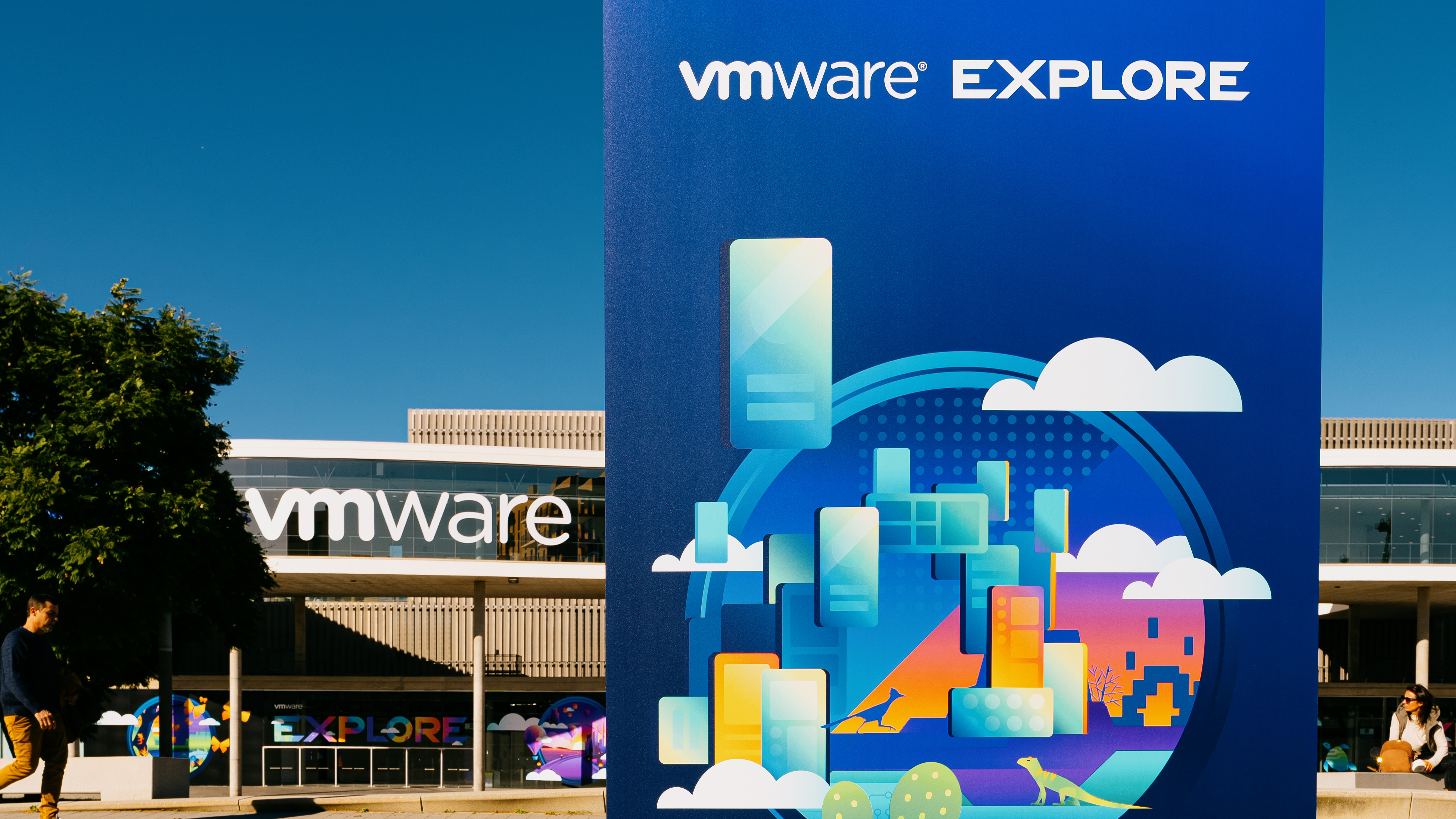

VMware has announced a large expansion of its cloud data services, with an update for its Data Service Manager and expanded compatibility for databasing alongside new protections against ransomware and services for data recovery.
Data Services Manager 2.0 is now natively available within VMware Cloud Foundation, providing IT managers with full control over policies for data and infrastructure. VMware stated it could cut the time spent on provisioning database services from hours to minutes.
The release of VMware Cloud Foundation 5.1 will also bring new capabilities to support the data needs of customers seeking to implement generative AI workloads. VMware said the updated system will deliver double the GPU capacity and four times the storage performance boost, as well as improved policy enforcement.
Another new feature is Intelligent Threat Detection, which uses artificial intelligence (AI) and machine learning (ML) to detect hidden ransomware in customer workloads via an isolated VMware Cloud environment.
When attacks do happen, Intelligent Threat Detection scans offline snapshots for anomalies in metadata or data exchange to identify encrypted data. It will pair with VMware Live Recovery, now available as a single unified solution for data remediation in the wake of an attack.
VMware announced the updates at VMware Explore Barcelona 2023, its annual EU event that complements the yearly VMware Explore conference in the US.
“The challenge statement that we're trying to address with our data services manager and data service strategies is how can we provide our customers a consistent and unified operational model and ensure their service level objectives for all of these modern databases and data services,” said Prashanth Shenoy, VP marketing, Cloud Infrastructure Business Group at VMware.
Get the ITPro daily newsletter
Sign up today and you will receive a free copy of our Future Focus 2025 report - the leading guidance on AI, cybersecurity and other IT challenges as per 700+ senior executives
VMware said that 85 million workloads now run on VMware Cloud Infrastructure, with the firm having recorded a 31% year-over-year growth in consumption for VCI workloads.
RELATED RESOURCE
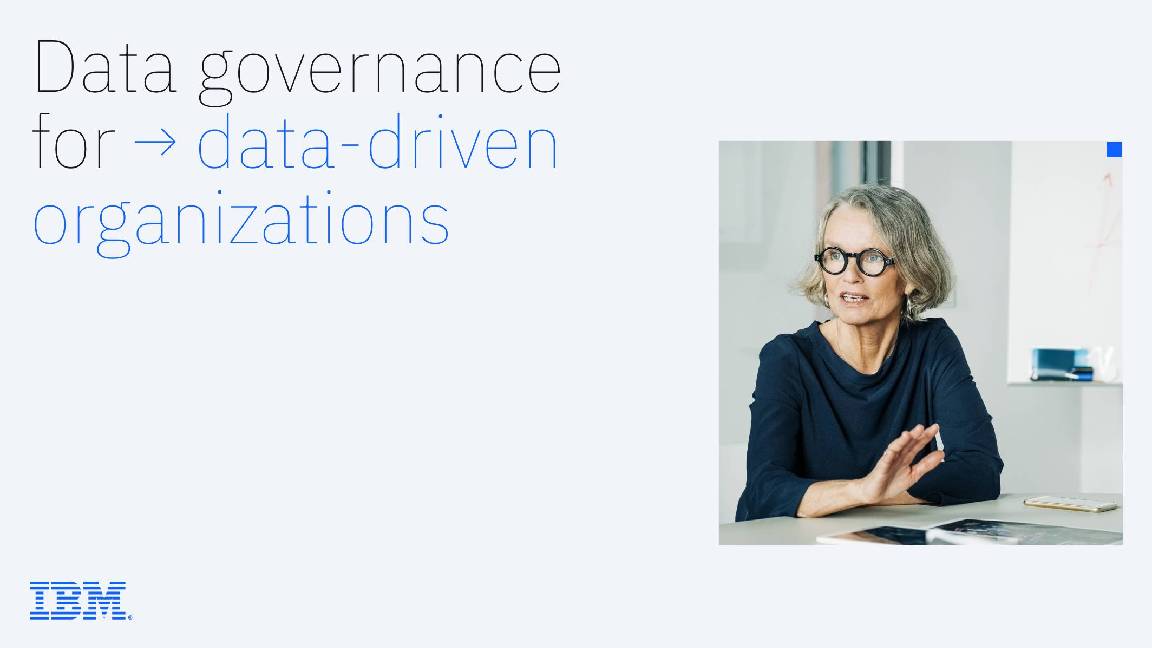
Discover the technology components needed to build an effective data governance strategy
DOWNLOAD NOW
The PostgreSQL database Google Cloud AlloyDB Omni will also be added to VMware Cloud Foundation as the first native third-party integration of its kind.
Run on VMware’s hyper-converged vSAN infrastructure, AlloyDB Omni is capable of up to 100x performance of competing PostreSQL solutions.
It will be joined by the third-party object storage MinIO Object Store, which VMware described as a resilient object store ideal for mission-critical production environments such as for AI and ML.
“Whether residing on-premises, across hybrid clouds, or in a sovereign cloud environment, data is the fuel for digital transformation,” said Krish Prasad, senior vice president and general manager of cloud infrastructure business unit, VMware.
“Through our new data services innovations and partnerships, we are making VMware Cloud Foundation the best platform to power the traditional, modern, and AI and ML applications that are central to business.”
Leaps for Sovereign Cloud
While Sovereign Cloud demand is still largely being driven by data residency requirements, Bhardwaj stated that local regulations such as the EU AI Act and Data Act are driving greater needs for sovereign cloud architecture.
Brewing legislation on AI has also driven VMware customers to implement measures that ensure data sovereignty is respected by models they are using, in the cloud or on-premise via VMware Private AI.
VMware said that as customers need to manage their Kubernetes clusters, they need centralized policy management.
To help deliver this VMware will deliver its SaaS service Tanzu Mission Control, which is used for multi-cloud Kubernetes management, as a self-service solution for air-gapped environments.
MongoDB, Kafka, and Greenplum will also be made accessible through new ‘as-a-service’ offerings, for added options on real-time and data analytics, as well as flexible and fast data transactions.
VMware additionally announced expanded partnerships with NetApp and Thales. NetApp will provide its StorageGRID Object Storage directly within Sovereign Cloud, while Thales is set to provide Bring Your Own Key (BYOK) services for Sovereign Cloud through its CipherTrust service.
“We are seeing increased adoption of our Sovereign Cloud solutions, which we announced last year in Barcelona,” said Rajeev Bhardwaj, vice president, cloud provider platform at VMware.
“I’m happy to report that we now have 55 cloud service providers who are part of the VMware Sovereign Cloud program.”
Innovations at the edge
In addition to its cloud announcements, VMware unveiled a range of advancements for its Software-Defined Edge ecosystem, such as Intelligent Assist for VMware Software-Defined Edge.
This builds on the other VMware services containing its generative AI Intelligent Assist solutions which already serve Tanzu, Workspace ONE, and NSX+.
It is hoped that the tool will help customers to perform smoother rollouts across VMware’s SDE and secure access service edge (SASE) products. The firm cited Gartner research that indicated that by 2026, 50% of all edge computing deployments will involve machine learning (ML) at some level.
VMware is also rolling out Microsoft Security Copilot for its SASE customers as a trial, with the intention of expanding the generative AI tool’s scope to include data on network perimeter security.

Rory Bathgate is Features and Multimedia Editor at ITPro, overseeing all in-depth content and case studies. He can also be found co-hosting the ITPro Podcast with Jane McCallion, swapping a keyboard for a microphone to discuss the latest learnings with thought leaders from across the tech sector.
In his free time, Rory enjoys photography, video editing, and good science fiction. After graduating from the University of Kent with a BA in English and American Literature, Rory undertook an MA in Eighteenth-Century Studies at King’s College London. He joined ITPro in 2022 as a graduate, following four years in student journalism. You can contact Rory at rory.bathgate@futurenet.com or on LinkedIn.
-
 Bigger salaries, more burnout: Is the CISO role in crisis?
Bigger salaries, more burnout: Is the CISO role in crisis?In-depth CISOs are more stressed than ever before – but why is this and what can be done?
By Kate O'Flaherty Published
-
 Cheap cyber crime kits can be bought on the dark web for less than $25
Cheap cyber crime kits can be bought on the dark web for less than $25News Research from NordVPN shows phishing kits are now widely available on the dark web and via messaging apps like Telegram, and are often selling for less than $25.
By Emma Woollacott Published
-
 Broadcom records huge growth as CEO Hock Tan hails “successful integration” of VMware
Broadcom records huge growth as CEO Hock Tan hails “successful integration” of VMwareAnalysis The VMware acquisition is finally paying dividends for Broadcom
By George Fitzmaurice Published
-
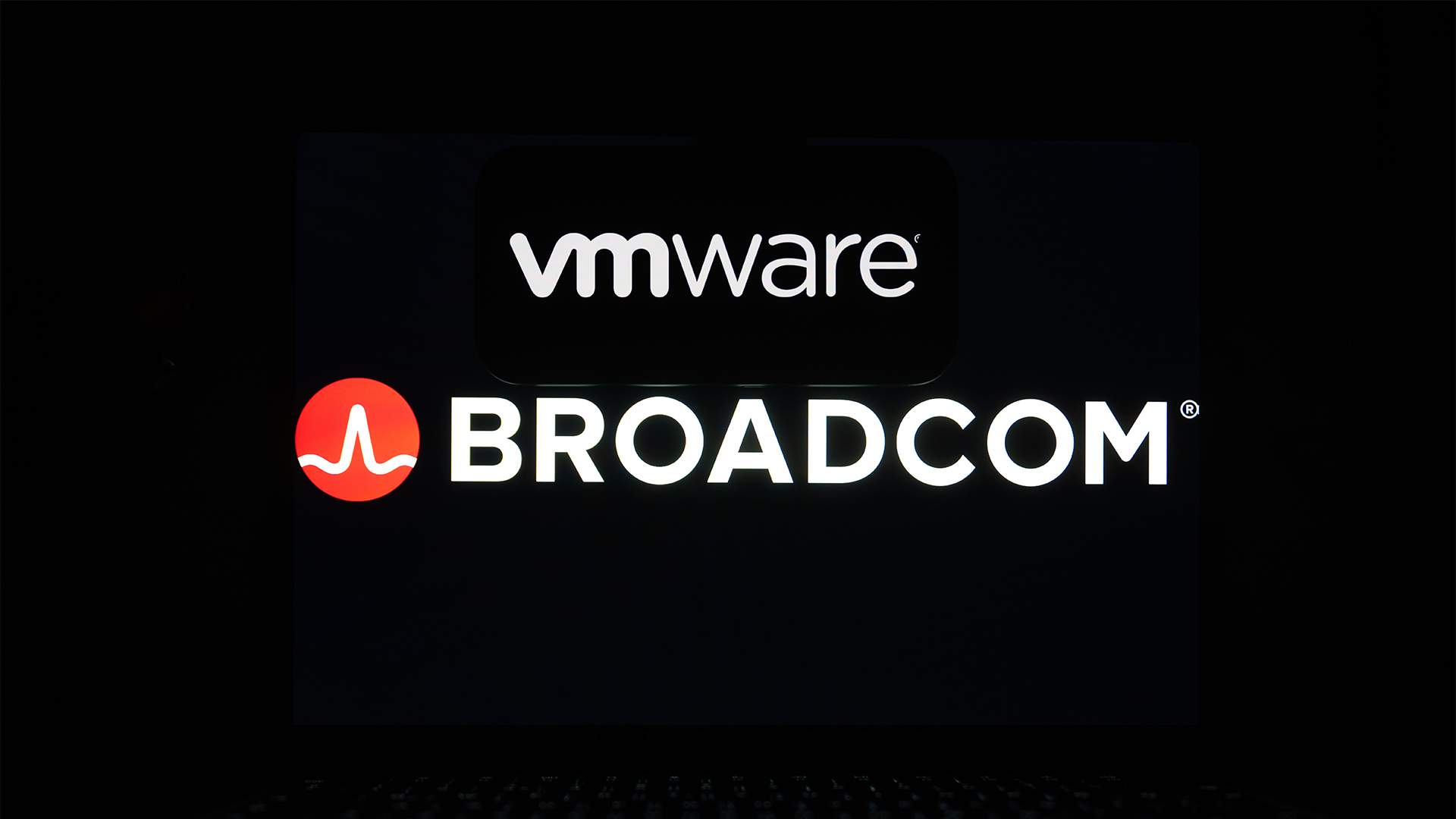 Broadcom EMEA CTO claims the company has been able to solve most of its customer issues following VMware acquisition
Broadcom EMEA CTO claims the company has been able to solve most of its customer issues following VMware acquisitionNews Joe Baguley says the firm has been walking customers through license changes and explaining the value of VMware
By George Fitzmaurice Published
-
 Cloud repatriation may be nipping at hyperscaler market share, but it’s a boon for VMware
Cloud repatriation may be nipping at hyperscaler market share, but it’s a boon for VMwareNews The firm’s private cloud offerings put it in a strong position to aid customers moving workloads out of the public cloud – but repatriation can’t be the only conversation
By George Fitzmaurice Published
-
 VMware Explore 2024 live: All the news and updates as they happen
VMware Explore 2024 live: All the news and updates as they happenLive Blog ITPro is live on the ground in Barcelona for VMware Explore 2024 – keep tabs on all the news, updates, and announcements in our rolling coverage
By George Fitzmaurice Last updated
-
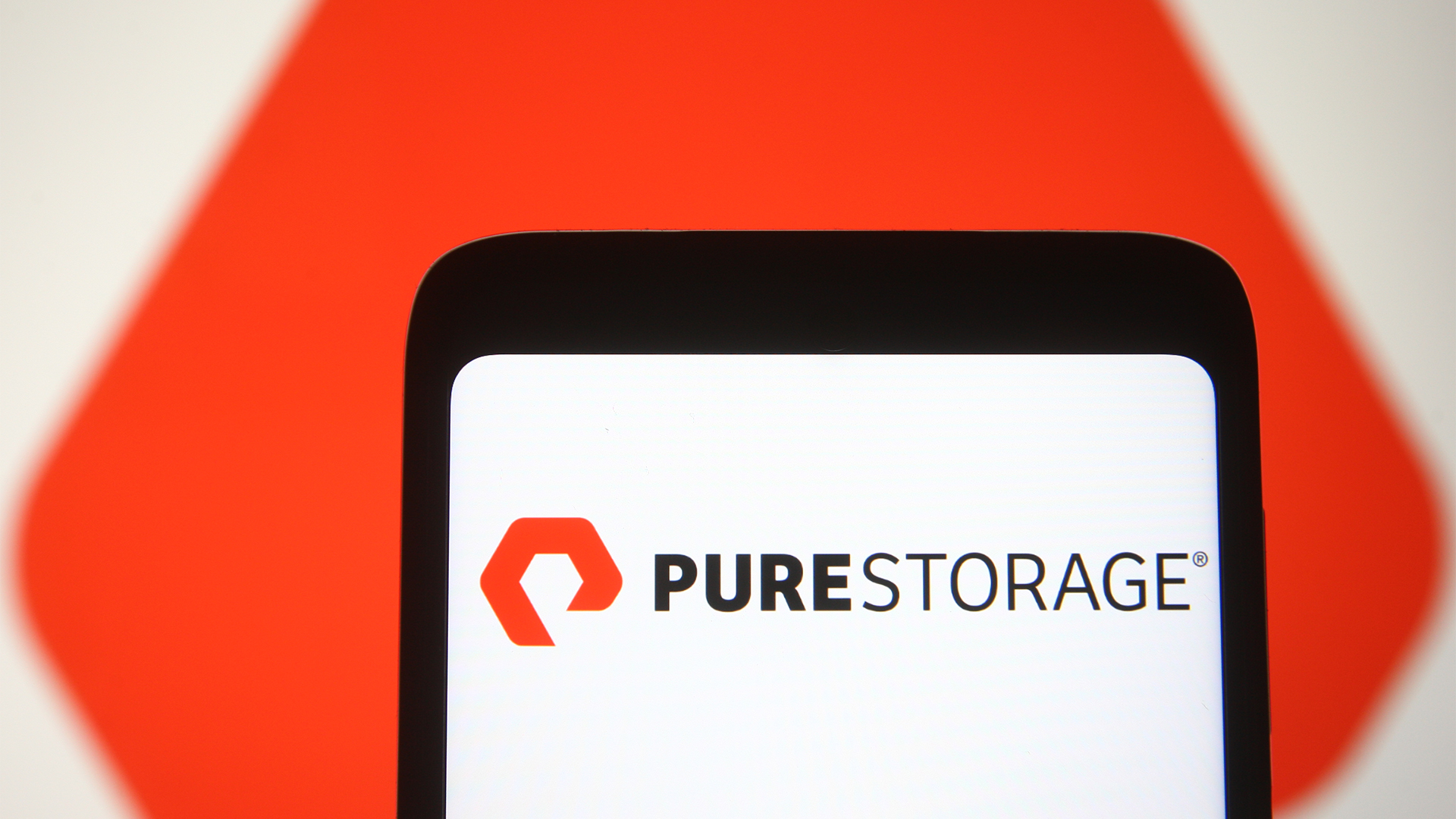 Pure Storage announces VM assessment service – and it could please beleaguered VMware customers
Pure Storage announces VM assessment service – and it could please beleaguered VMware customersNews The firm unveiled a new tool for managing VM costs as part of its Pure//Accelerate London 2024 event
By George Fitzmaurice Published
-
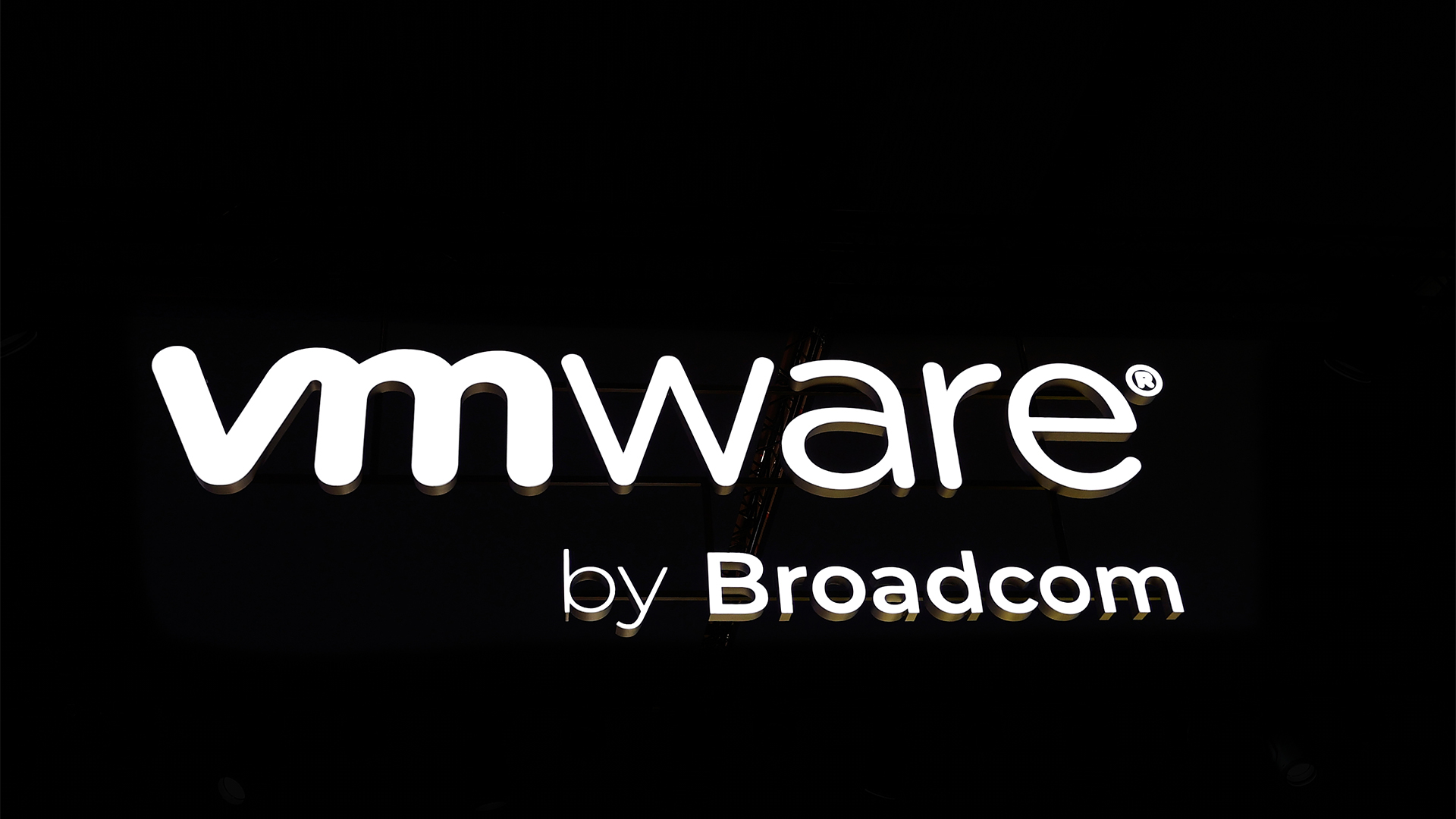 Is a VMware exodus looming? Disgruntled customers are actively seeking alternative providers or exploring open source options in the wake of Broadcom’s acquisition
Is a VMware exodus looming? Disgruntled customers are actively seeking alternative providers or exploring open source options in the wake of Broadcom’s acquisitionNews VMware customers say they are seriously considering alternative providers in light of the turbulence and increasing costs that followed its acquisition by Broadcom
By Solomon Klappholz Last updated
-
 Broadcom wants to unlock private cloud’s potential with VMware Cloud Foundation 9
Broadcom wants to unlock private cloud’s potential with VMware Cloud Foundation 9News An emphasis on simplicity matched with improved customer controls underpins the latest VCF improvements
By Rory Bathgate Published
-
 VMware license changes could spark a wave of data center 'devirtualization'
VMware license changes could spark a wave of data center 'devirtualization'News The increased costs associated with Broadcom’s VMware acquisition is one of the key drivers behind this predicted shift
By George Fitzmaurice Published